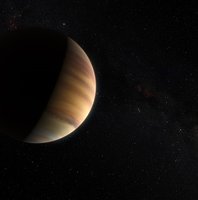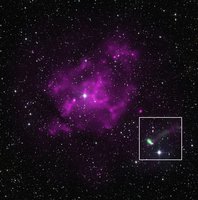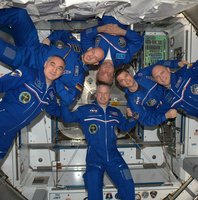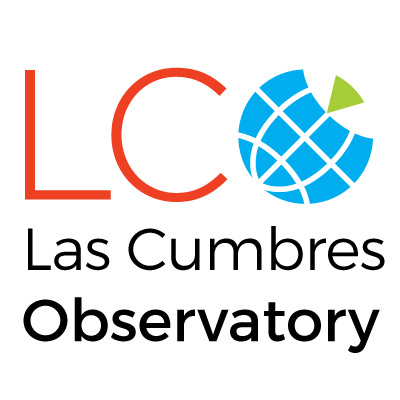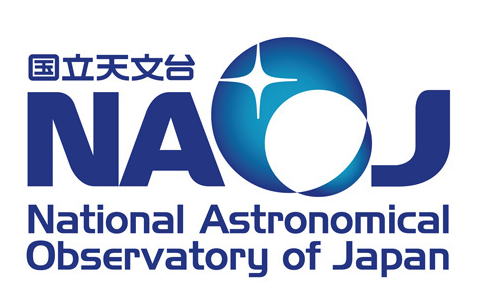Saturn is the second largest planet in the Solar System, but it is also light enough that it would float on water if we could find a water tank big enough to hold it!
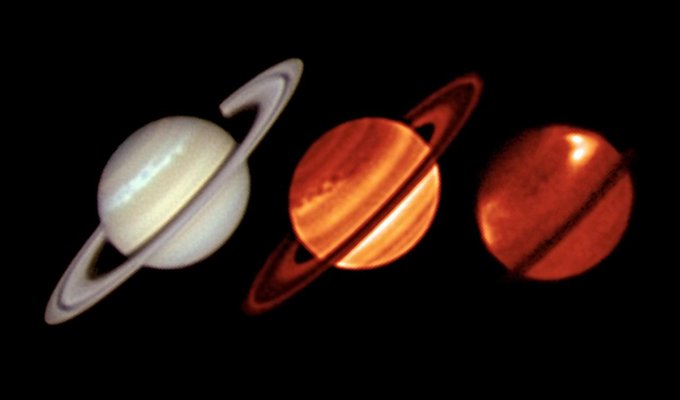
Saturn is one of the most beautiful worlds in our Solar System because of the wonderful set of rings that surround the planet. It is much further away from the Sun than the Earth, so its journey around the Sun is much longer. Since a year is the time that it takes a planet to travel once around the Sun, Saturn’s years are much longer than a year on Earth. In the time that it takes Saturn to complete one journey around the Sun, 30 years have passed on Earth!
Astronomers know that about once each Saturn year – that means once every 30 Earth years – a massive storm occurs in the planet’s normally calm atmosphere. Astronomer Leigh Fletcher, who works at the University of Oxford in the United Kingdom, is part of a team of astronomers who has been studying one such storm on Saturn since it was first spotted last December.
This is only the sixth storm on Saturn to have ever been observed. What makes this storm extra special is that there is a spacecraft called Cassini currently in orbit around Saturn, which was perfectly placed to observe the storm. The team of astronomers has been studying images sent back by Cassini, as well as observations made with a powerful telescope on Earth, which is called the Very Large Telescope.
Astronomer Leigh Fletcher said the storm had “created a gigantic, violent and complex eruption of bright cloud”. It also caused some regions above Saturn's clouds to be much hotter than normal - something that astronomers hadn't seen before.




